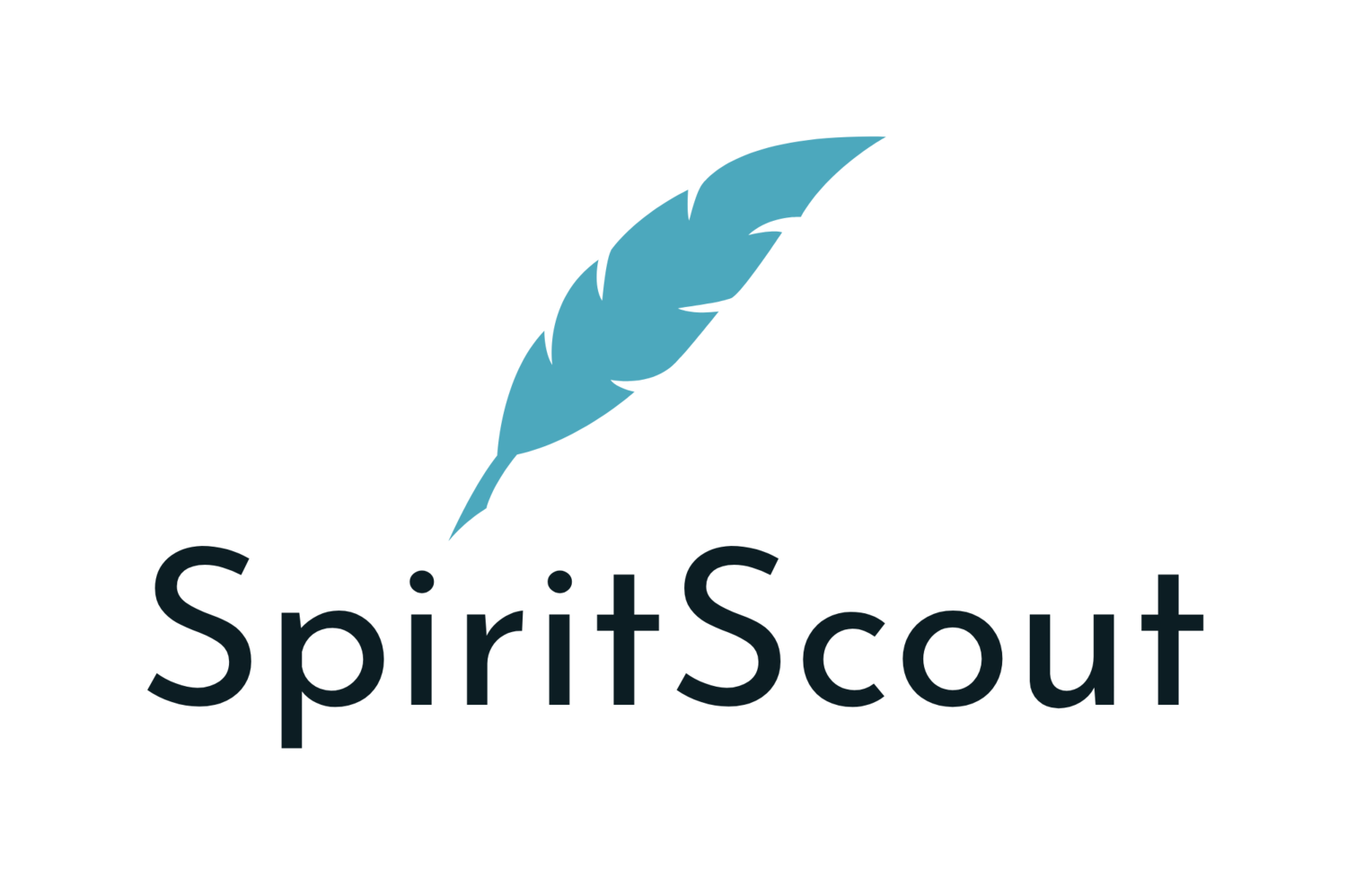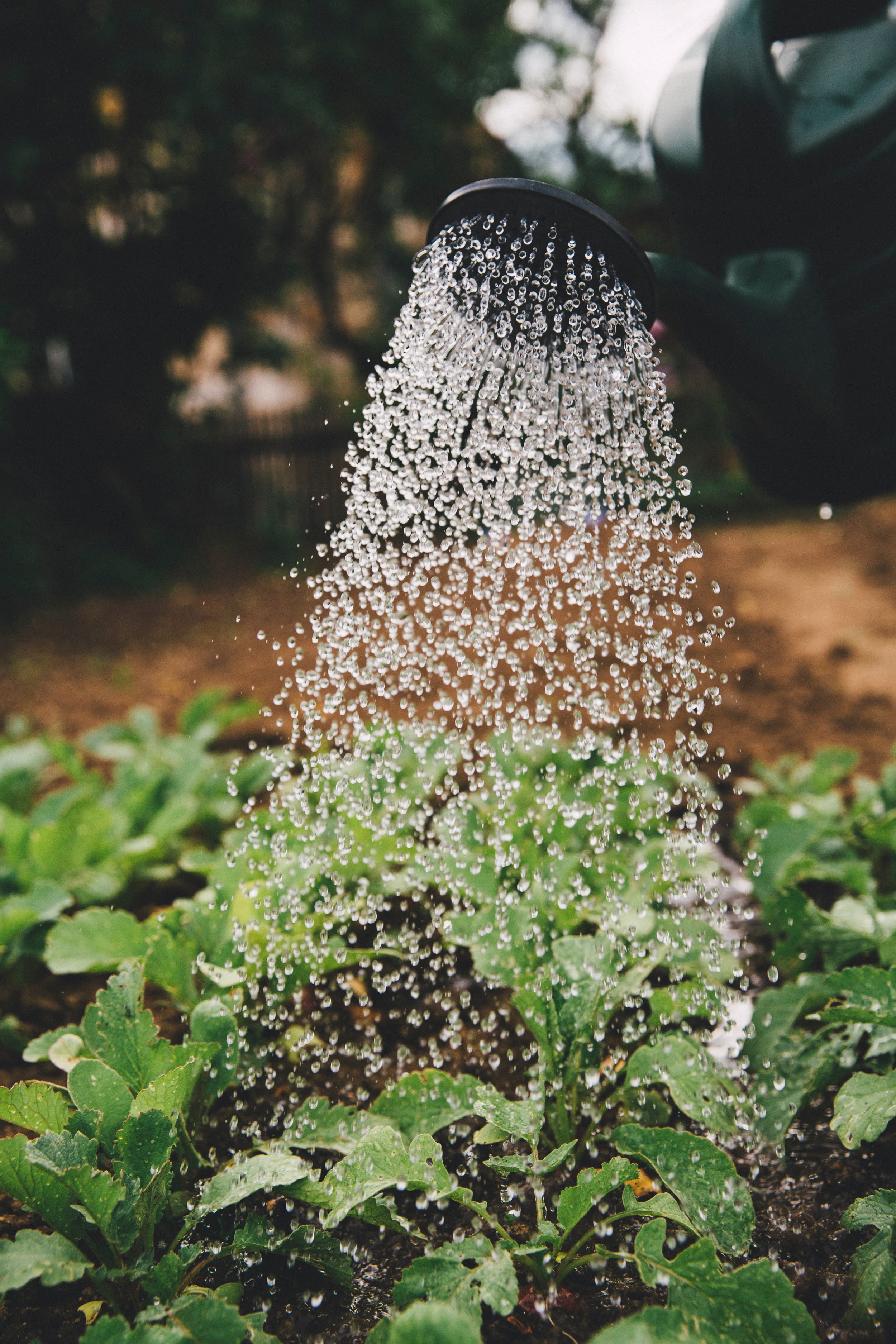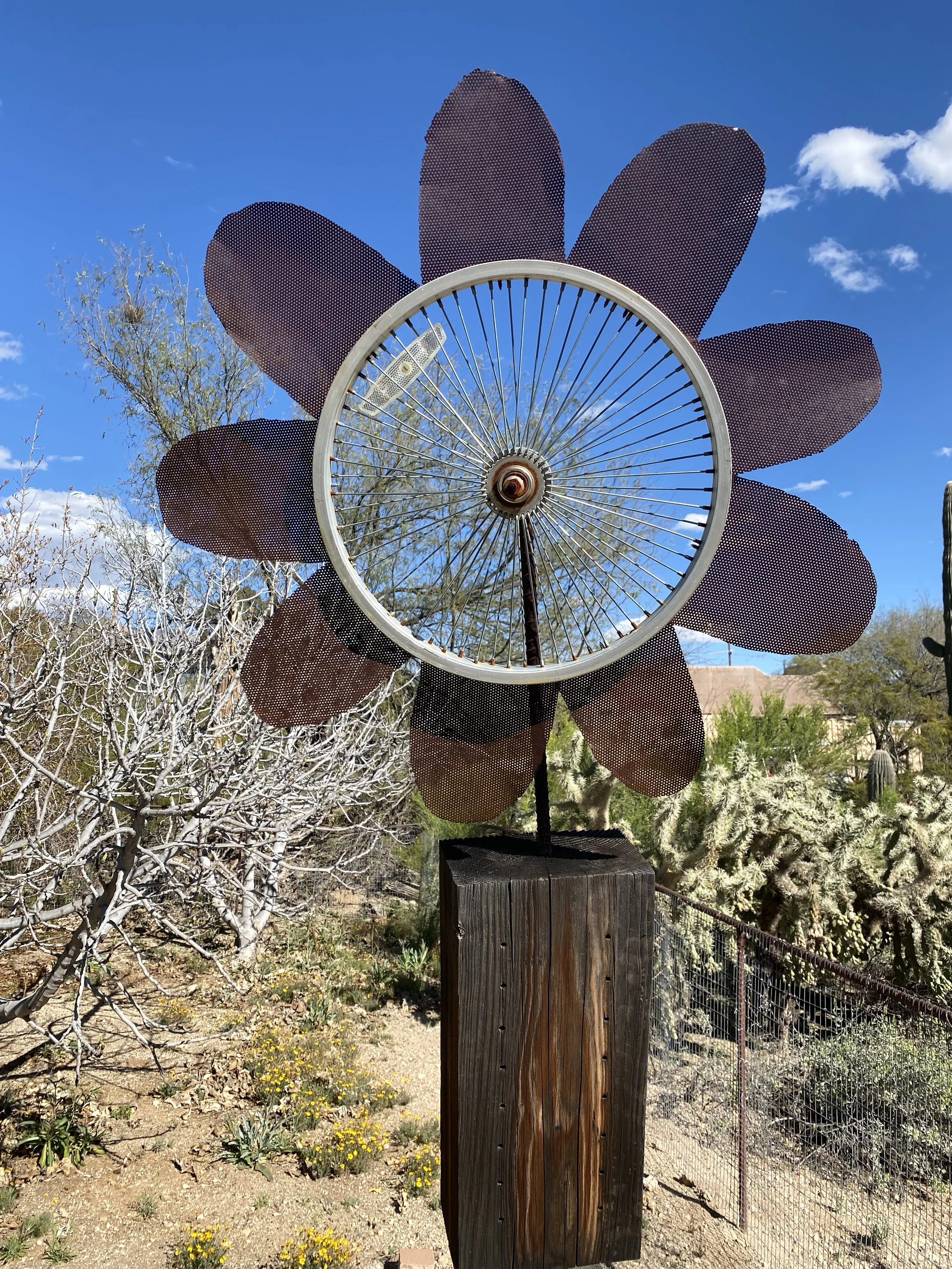Relationship Reboot
2022
I’ve been doing a lot of cleaning and organizing this month—my April audit includes reviewing legal documents, planting seeds, gleaning my space, and adopting a new composting system. I love the energy of a Spring reboot. I am also doing a bit of mental flossing as I survey the past two pandemic years, and speculate about the status of my relationships. I can see that my pre-Covid capacity for connection has yet to return to normal—whatever that may be.
Covid has forced us all to hit the reboot button on how we live our lives, but most especially, it has shown us who our people preferences are—the folks we naturally seek out to sustain our social bonds. Our emotional bandwidth has been put on a budget of sorts and we’ve all had to gauge what level of emotional output works for us during this time. Out of habit, obligation, and yes, even fear, we often spend precious time and energy engaging in friendships that don’t enrich us. In the past, I have confused the pull of a shared history with a truly enriching connection. Covid has presented the opportunity to double down on our vital relationships and allow second and third tier connections to fallow. I haven’t ghosted people as much as I have mindfully resolved to conserve my sanity, health, and momentum by going tighter with my tribe. This period has helped me to see that not every relationship is built to last, and that it's okay to move on with grace.
Investing in the Vital
I recently purchased a Lomi composter, a container of infinite possibilities. It’s a compact, beautifully designed machine that takes raw garbage and magically turns it into healthy soil. I think it makes a great metaphor for the care that our vital relationships deserve. All human interaction is gonna have stuff that stinks to deal with. If we can sharpen our skills and pour conflict through the composting process of our hearts and minds, we can refresh the result into something rich with possibility. The exquisite lotus only grows in mud; likewise, we must be willing to make some mud—to get our hands dirty as we tend the beautiful gardens of our lives—our vital relationships.
I will say that this reboot process is more of an organic experience than an intellectual exercise. During these long stretches of discernment I have simply gone with my natural instincts—my gut. What I feel compelled to do and not do is very clear, and I’ve been paying attention to how the energy feels. It seems like the litmus test is this: Given the risk of Covid—is it worth it? (Is it compelling? Is there an easy momentum behind my choice? Will the reward outweigh the risk?) Covid has provided us with an incredible charcoal filter—one worth paying attention to as we refresh our lifestyle choices.
The magic of composting happens when we are willing to be transformed. While garbage uses biology to make positive change, we can use the already fertile soil of our minds to pivot, reboot, and grow in new ways. We all have the capacity to go from being a broken-heart to a buddha in any given situation, and the power of a mind shift can take us there.
Some life challenges are terminal and there is nothing in our power we can do to change the circumstances. But so much we encounter is ripe for a new approach because we always have our minds, and we always have control about how we choose to think. Einstein famously said that we cannot solve a problem from the consciousness that created it, suggesting that evolvement is the one true path. Clinging to old patterns and grinding down the ruts of our thinking only creates deeper, more stubborn ruts. We must be willing to get soft, like the mud, and see what else can grow.
‘When nothing is sure, everything is possible. —Margaret Drabble
For example, my youngest daughter recently eloped. We knew it was a possibility, so it wasn’t a complete surprise, but still—it’s big news to swallow. I could have made this a major problem for myself and created some family drama based on cultural conditioning and sentimental expectations (old ruts). Yet within Covid’s disruptor atmosphere, I was able to pivot my mind and think anew. Through some tears and a roll of Tums, I thought deeply about why this scenario was the best option for my thirty-two-year-old daughter (a grown-ass woman, by the way.) I thought about her personality, and desires, and what suits her best. She’d rather elope skiing a beautiful mountain than deal with wedding plans during a pandemic and Nevada’s wildfire season. After a cycle through my emotional composter—I got it!
I can say that I am truly thrilled with her choice because she is so happy. Her joy is my joy. Pre-Covid I don’t think I would have been able to process this news as gracefully. Covid has been something of a refreshing reboot for how we think about our relationship to things and how our expectations and rituals play out. When we release our expectations, then resentment has no place to take root. When we are open to other possibilities, then resolutions we never dreamed of can blossom. Every situation has multiple solutions, but we have only our one mind to mind. When an emotional challenge presents, there is not something to do about it, there is something to know about it. We must use our mind to pilot to a more peaceful place.
You may think this is a simple way of seeing things, and you’d be correct. But peace can be found in paradox, as it allows for an opening of the heart and forces the mind to stretch. It’s possible to be hurting, happy, and healing concurrently. When I chose to pivot and relinquish control of this particular outcome, I freed myself to enjoy the reboot of how my daughter likes to do things.
The Pain Container
We all have friends in pain, and I have no doubt that we all do our best to be as empathically supportive of their situations as we know how. This is the heavy lifting of friendship—enduring this painful stuff is how the pendulum of love swings between joy and sorrow, and we need both extremes to experience the full spectrum of our emotions. But we are too beautiful and complex to allow our pain and problems to define us.
A lot of people are hurting during this pandemic. If we have a friend who is hurting, how can we help? The first step is to determine if the situation is a crisis situation or a chronic problem. We are trained to respond to crisis with immediacy—it is an ‘all hands-on deck’ moment and we triage the situation until a sustainable plan can be formed to support the friend for the duration. Concrete gestures like making a meal, sending flowers and cards, driving to appointments, visiting, doing chores—whatever is needed in the moment all help to weather such a crisis.
In chronic situations—like conditional illness, family dynamics, and work stressors—the support must be more nuanced and prescribed. Learning to live with the story is hard work; part of this dynamic involves setting a healthy boundary around how much space the chronic problem will inhabit in the relationship. We create a container for our friend’s pain so that we can hold loving space for it. We help to carry the agony of this ultimately unresolvable situation by serving as a witness to our friend’s process.
An effective container always has boundaries—remember the power of a river: without riverbanks, it is simply a puddle. Questions we can ask are ‘how big is the container? How often does said problem get a seat at the table?' And what happens when the sorrow overflows the container?’ Most of the time all we can do is listen during intimate moments of vulnerability—we walk it off in the woods; we do yoga, teatime, and heartfelt hugs; we practice pivoting our thinking.
I was experiencing deep pain around a particular emotional challenge and found myself confiding the details to a Pal I consider priceless. She’s kind of a lovingly liberal version of Dr. Laura: a confidential vault with bullet-proof standards, and the heart of an angel. And she’s a great listener—to a point. One day I must have been oversharing—flooding the proverbial container—because she paused, looked me in the eye and said ‘this sounds hard and complicated, and I can see that you have been suffering for a while. You need to get to work on this problem.’
BOOM! It was like she had gently slapped me awake after a full faint. It was the most helpful of wake-up calls. I did not have a clue that my container had sprung a leak and I was truly mortified. After my initial ‘soak-of-shame’, I was able to feel gratitude that my Pal was brave and kind enough to tell me straight. She loves me enough to tell the truth, and I trust her enough to not shoot the messenger. I ended up finding a great counselor and I have benefited so much from the coaching I’ve received learning to compost this emotional challenge.
‘A hallmark of a caring relationship is valuing each other’s success and well-being as much as your own. Interactions are guided by generosity, not reciprocity. You give without obligation and ask without hesitation. You lessen each other’s sorrow and amplify each other’s joy’.
—Adam Grant, PhD
We all suffer but we don’t all grow. One thing I’ve noticed over time is the happier people I know, the ones with peaceful hearts and healthy self-esteem, are constantly in the process of internalizing: evaluating and growing from their encounters and experiences. For example, apologies come with changed behavior, boundaries are healthy and utilized, values are a lifestyle not just an idea, and curiosity (not ego) is the energy source. Their curiosity makes them nimble and able to pivot their mindset. The unhappier people I’ve observed are usually externalizing stuff: they are stuck in the habit of judging, comparing, blaming, and rehashing drama.
During this relationship reboot period you may find that your social circle has decreased in size, but chances are excellent that it has increased in quality and satisfaction. You know who you are deep in the mud with. I have loved my one-one-one time with close friends and family members. I cherish my conversations of substance—they always help to reboot my mind. I find this level of gravitas calming and fortifying. I love knowing that I can care for my circle and feel good about what I am able to contribute—not bad about what else needs to be done out there. There is no score keeping or competition, just all of us doing the best we can, sharing enrichment and grace as we wobble through this season of rejuvenation together.
I’d love to hear from you—feel free to send your comments to me. Please share this post with a friend :) and thank you for reading!























